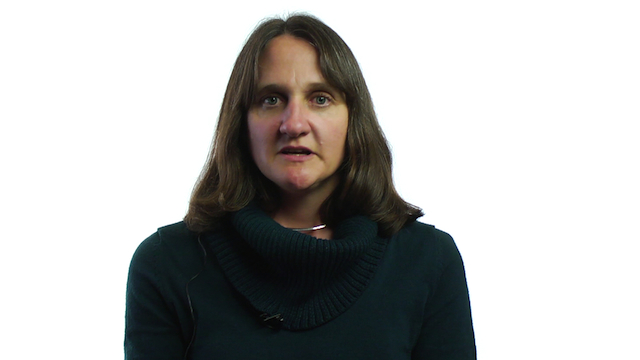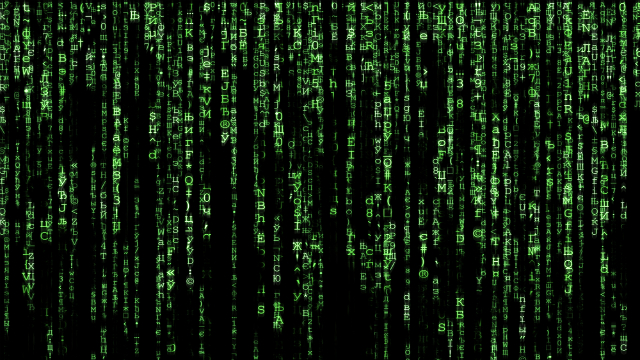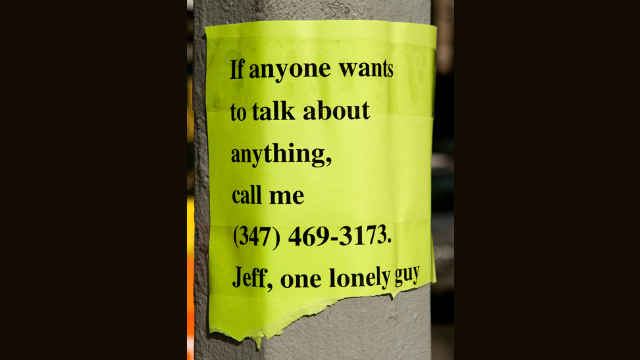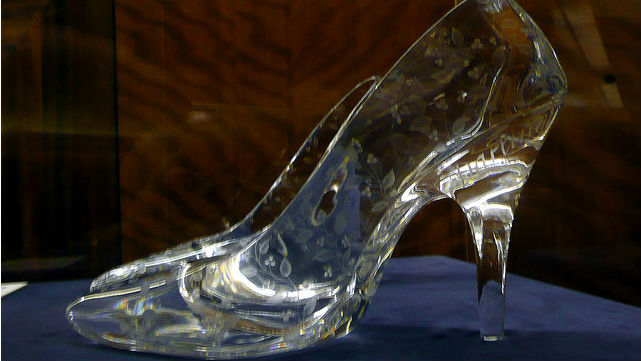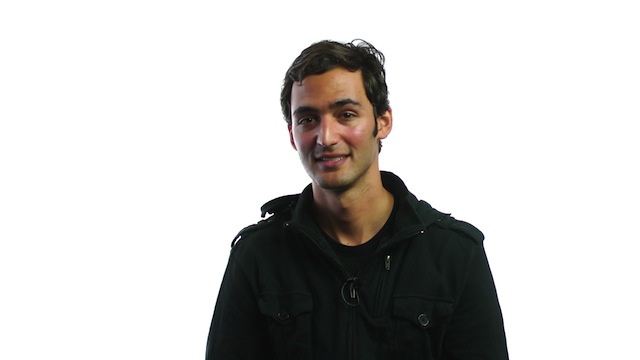Absent in our political discussions about creating more jobs is the recognition that computerized technology is changing the structure of our economy and eliminating traditional jobs.
All Articles
Having a great depth of knowledge in a specific field limits your problem solving abilities to what has worked in the past, says entrepreneurial polymath Naveen Jain.
Neurobiologist Susan Barry was born with strabismus, an optical condition which prevented her from developing three dimensional vision. Barry describes the first time she saw in 3-D.
New York Times investigative reporter Charles Duhigg has drawn together the most cutting edge research on why habits exist and how they can be changed. How can you apply the science to your own life?
What’s the Big Idea? If the scientific consensus had been right, Sue Barry would still be seeing in 2-D. Barry was born with strabismus, a condition which prevented her eyes from gazing in […]
Is there any reason to avoid death? We all die eventually, but is it a destiny sealed in for a predetermined time, or do we actually have some control over how long we are on this Earth?
Does knowing that sweets are dulces in Spanish help a child learn to resist a tasty treat? It may indeed, as people who learn two languages gain cognitive advantages that extend well beyond the ability to communicate with others.
Quick. Grab a pencil. Some crayons. A notepad. Wrap your brain around this Friday’s Big Enigma from Ivan Moscovitch’s The Big Book of Brain Games. Share a photo of your solution in […]
The accusation “you are not living in the real world” is always either ideological, narcissistic, or a poorly phrased attempt to say something else. But it is frequently used. I […]
Connecticut is set to become the 17th state without the death penalty, marking another victory for advocates who point out that the practice wastes a great deal of money—and is unjust.
When a couple philosophers weigh in on the moral implications of having children, they reach some alarming conclusions. Might the Universe be better off without the human race?
Social topics like politics and economics have been sectioned off from society and are now treated as expert fields beyond the scope of mere mortals, says economics writer Aditya Chakrabortty.
Whenever American friends visit me in Singapore, they often comment on how slim the majority of people in Singapore–as well as in other major cities in Asia–seem. My male friends […]
As anyone who knows me is aware, I’m generally a peaceful and diplomatic fellow. I’m not one to pick fights just for the hell of it. But that said, I’m […]
Last October, strangely personal fliers started appearing around New York City. They looked like this: When I first saw them, they really caught my attention. For some reason, I wasn’t […]
What is the Big Idea? Chinese authorities have shuttered the 42 websites and more than 210,000 posts about a major political scandal rocked the country,Agence France Presse reported. A three-line announcement on the official […]
Scientists have made a breakthrough in building quantum communication networks. The research could eventually be used to build a quantum Internet, says the study’s director.
Democratic operativeHilary Rosen got into trouble the other dayfor saying that Ann Romney had “never worked a day in her life.”Her comment’s getting widely criticized as rude. I think it’s […]
The democratization of innovation is enhancing the way small companies and new innovators are doing business. Big companies have to “dance” in order to keep up.
The great surge of modernization in the ancient land of India is generating enormous stress for the multitudes who are striving to cash in on the new opportunities for prosperity.
When Rick Santorum dropped out of the race for the Republican nomination, it removed the last real obstacle standing between Mitt Romney and the nomination. The race has really been […]
Google is not the only company working on augmented reality glasses. In fact, there are six products available for purchase, ranging from skiing goggles to manufacturing applications.
It is no stretch to say that Jonathon Keats is Big Think’s favorite living artist, experimental philosopher, or what you will. This is a man who has attempted to genetically […]
Computer performance has doubled roughly every 18 months since the 1970s. But computers’ energy efficiency has also been doubling, which may prove to be the more important development.
The experimental wing of the Pentagon has issued a $2 million prize for a robot that can assist in disaster response. Tasks may include closing a leaky valve and driving a utility vehicle.
Jason Silva is excited about the future. A futurist, filmmaker, and self-described “epiphany addict,” Silva is the creator of a series of powerful short videos about emerging technology that aim […]
When the Concorde was retired in 2003, our technological ambitions had been checked by practical concerns about noise, cost and fuel consumption. Today, engineers are working on new solutions.
Three things stood out to me yesterday amid all the Trayvon Martin related hoopla surrounding the arrest of George Zimmerman on a charge of murder in the second degree. I […]
BY ABHIJNAN REJ A Jurassic Park in the Canary Wharf? On the 6th of May, 2010, at around 2:45 pm, the Dow fell unusually rapidly losing over 9% of its […]

